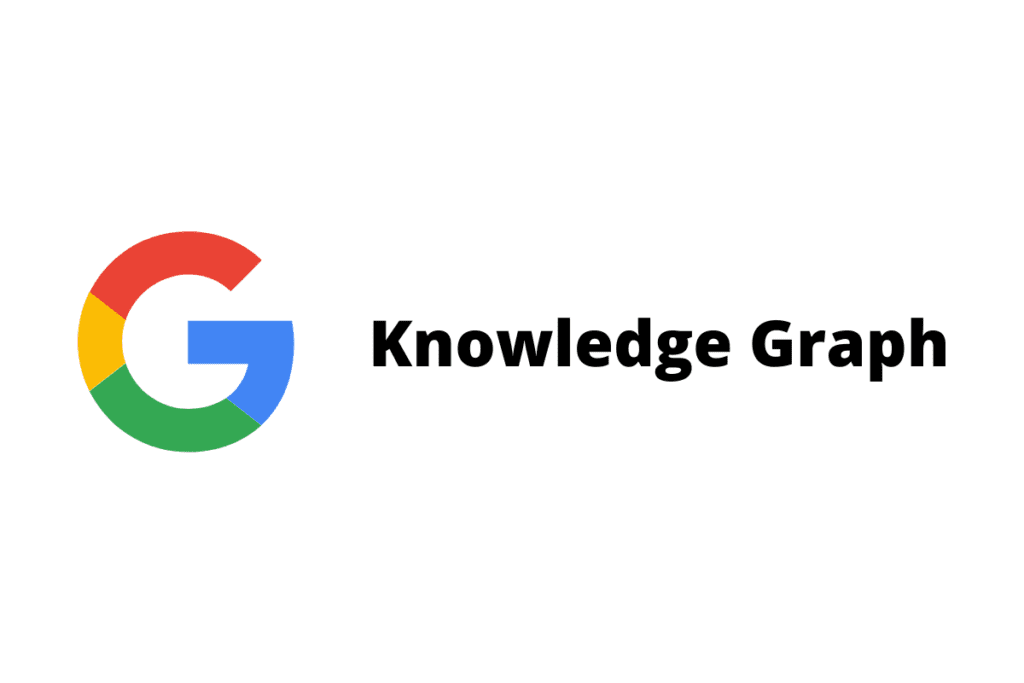Google older technologies, including the “Knowledge Graph” launched in May 2012, as part of the problem
In a recent development, a class action antitrust lawsuit has been filed against Google and its parent company, Alphabet, in the U.S. District Court in D.C. The lawsuit, brought forth by Helena World Chronicle, an Arkansas-based publisher, accuses Google of engaging in anticompetitive practices, violating U.S. antitrust laws, including the Sherman Act. The complaint specifically targets Google’s new AI technologies, such as the Search Generative Experience (SGE) and Bard AI chatbot, for exacerbating the alleged harm to news publishers’ bottom lines.
Helena World Chronicle, the publisher behind the suit, owns and operates two weekly newspapers in Arkansas. The central argument of the lawsuit is that Google, through anticompetitive means, extracts content, readers, and ad revenue from news publishers, ultimately leading to significant financial losses, amounting to billions of dollars.
The complaint highlights Google’s older technologies, including the “Knowledge Graph” launched in May 2012, as part of the problem. It alleges that Google compiled a massive database by extracting information from publishers’ websites without proper attribution, contributing to the Knowledge Graph’s growth to 500 billion facts about 5 billion entities by 2020.
Furthermore, the lawsuit points out other technologies like “Featured Snippets,” which algorithmically extracts answers from webpages, diverting traffic away from publishers’ websites. The lawsuit also emphasizes the potential impact of AI on publishers’ businesses, citing a report that suggests a significant loss of traffic if Google integrates AI into search.
Concerns about Google’s recent AI advances, particularly the Search Generative Experience (SGE), are highlighted in the lawsuit. SGE is accused of keeping users within Google’s “walled garden” by offering a conversational search experience that essentially “plagiarizes” content from publishers. The suit notes the inability of publishers to block SGE due to its shared web crawler with Google’s general search service, GoogleBot.
The complaint also raises concerns about Google’s Bard AI, alleging that it was trained on a dataset that included content from news, magazine, and digital publications. It cites reports from the News Media Alliance and The Washington Post about AI training data to support these claims.
The lawsuit covers additional concerns, such as changes in AdSense rates and evidence of improper spoliation of evidence by Google, particularly regarding the destruction of chat messages—a matter previously raised in the Epic Games lawsuit against Google over app store antitrust issues.
In addition to seeking damages, the lawsuit requests an injunction that would mandate Google to obtain consent from publishers before using their website data to train its general artificial intelligence products, including both Google’s and its rivals’. It also calls for Google to allow publishers opting out of SGE to still appear in Google search results.
This U.S. lawsuit follows Google’s recent agreement with the Canadian government to compensate Canadian media for using their content. The case coincides with the U.S. Justice Department’s lawsuit against Google for monopolizing digital ad technologies.
The law firm handling the case, Hausfeld, posted an announcement on their website, stating, “The anticompetitive effects of Google’s scheme cause profound harm to competition, to consumers, to labor, and to a democratic free press.” Helena World Chronicle seeks class-wide monetary and injunctive relief to restore competition in digital news and reference publishing.
Google has been contacted for comment, but no response has been received at the time of writing. The full complaint is available below.









